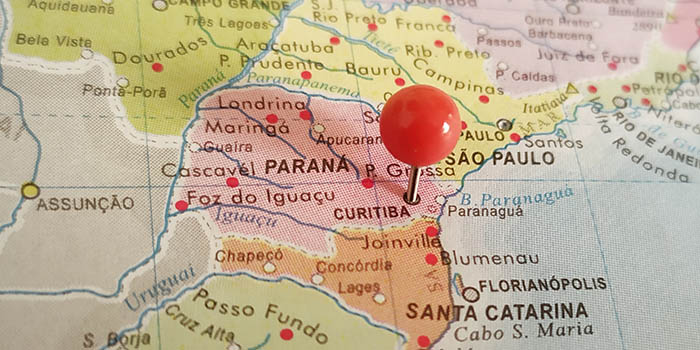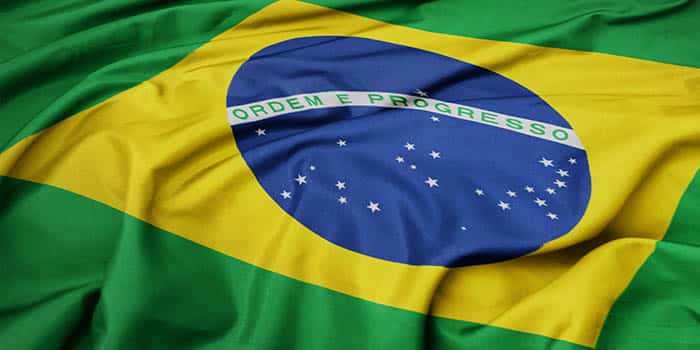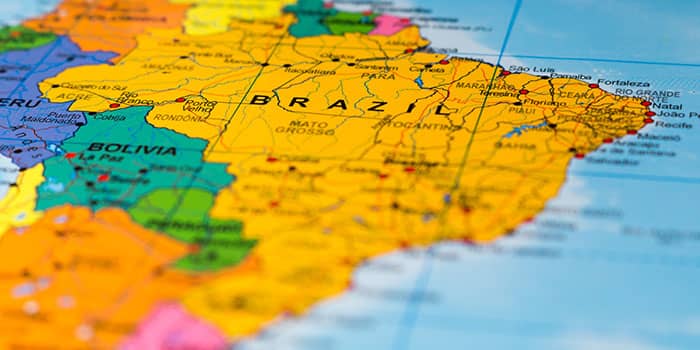- Casino
- By State
- Alabama
- Alaska
- Arizona
- Arkansas
- California
- Colorado
- Connecticut
- Delaware
- Georgia
- Florida
- Hawaii
- Idaho
- Illinois
- Indiana
- Iowa
- Kansas
- Kentucky
- Louisiana
- Maine
- Massachusetts
- Maryland
- Michigan
- Minnesota
- Mississippi
- Missouri
- Montana
- Nebraska
- Nevada
- New Hampshire
- New Jersey
- New Mexico
- New York
- North Carolina
- North Dakota
- Ohio
- Oklahoma
- Oregon
- Pennsylvania
- Rhode Island
- South Carolina
- South Dakota
- Tennessee
- Texas
- Utah
- Vermont
- Virginia
- Washington
- West Virginia
- Wisconsin
- Wyoming
- By State
- Slots
- Poker
- Sports
- Esports
PPI Council: Sports Betting Part of Recovery Plan for Attracting Investments

Brazil’s governmental body responsible for bringing investments in the country, the Investment Partnerships Program (PPI) Council has prepared a plan to help the country recover from the negative effects of the virus-induced ongoing health crisis, worth around $70 billion, with more than 10% of it achievable during the current parliamentary season.
Concession for a Sports Betting Operator License
At its 13th meeting, the Council outlined sports betting, among the privatization of airports, concessions for the construction and development of new tourist facilities and national parks, and projects to tap into available oil, gas and mineral natural reserves, as a viable path towards attracting capital.
A process that started in February shifted the entire approach which was initially centered upon the idea that the Secretariat of Evaluation, Planning, Energy and Lottery (SECAP), the gambling regulatory body in Brazil, should issue a sports betting license to any operator that met the conditions devised. Instead, for fixed-odds sports betting, a concession process is going to take place, and willing operators should bid for a tender to offer legal wagering on sports.
Fixed-Odds Betting Legal but Inactive
Fixed-odds sports betting was legalized back in December 2018, when the then-President of Brazil signed a bill into law, setting out a two-year horizon for passing the legislation for the regulatory framework and licensing processes. In addition, the law that made fixed-odds betting possible set the level of tax levied on any potential sports betting operator at 3% of turnover. Intentions to lower the tax to 1% only, along with the new concession approach to handling sports betting licenses turned futile, and the higher tax remained in force.
The investment council did not go into details regarding the size of the sports betting market in the country in their plan to generate funds, but outlined that around $400 million is the annual amount of illegal wagering in Brazil. Setting up the legal framework and going live with operations will help keep these funds into the legal realm and allow the government to use the proceeds of them for new jobs creation and innovation.
Retail Casinos Still Illegal
Brazil has been struggling to expand into gambling for decades, despite the ramped up efforts over the past few years. Besides some improvements into the direction of sports betting legalization, the other gambling verticals were lagging behind.
The lack of legality regarding retail casinos is the reason the country cannot take advantage from the integrated casino resort concept despite its natural resources, bringing back to the fore discussions about it and meeting again the strong opposition that considers gambling closely related to crime and money laundering.
Related Topics:
Mike made his mark on the industry at a young age, consulting for companies that would later become regulators. As one of the lead editor of Gambling News, he dedicates his weekdays to this project, aiming to educate the masses on the latest developments in the gambling circuit. His expertise and passion for the industry make him an invaluable asset to our team.
Must Read
Legal
June 27, 2025
Nebraska Lottery Winner Seeks to Dismiss Fraud Charges
More Articles


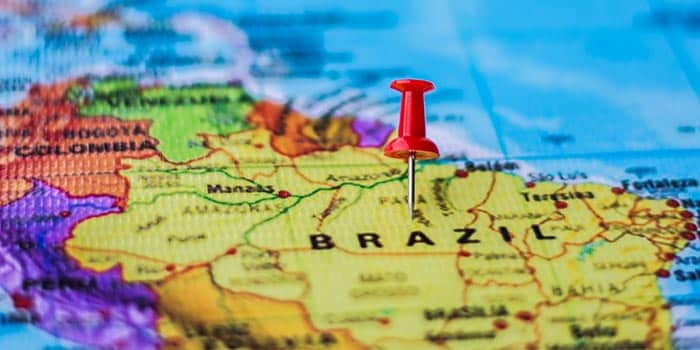
Sports
June 10, 2025
Brazil Increases Gambling Tax, Industry Pushes Back
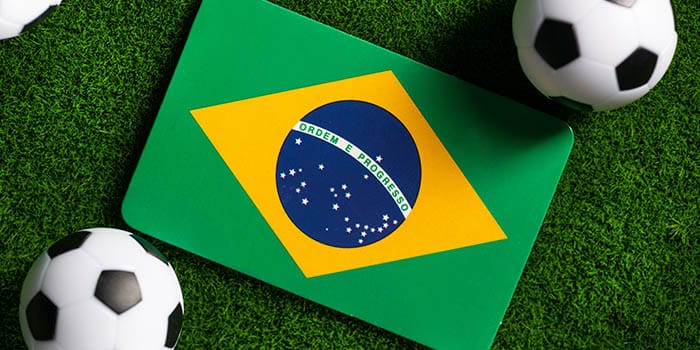
Industry
April 15, 2025
Brazil Weighs Stricter Rules on Gambling Advertising


